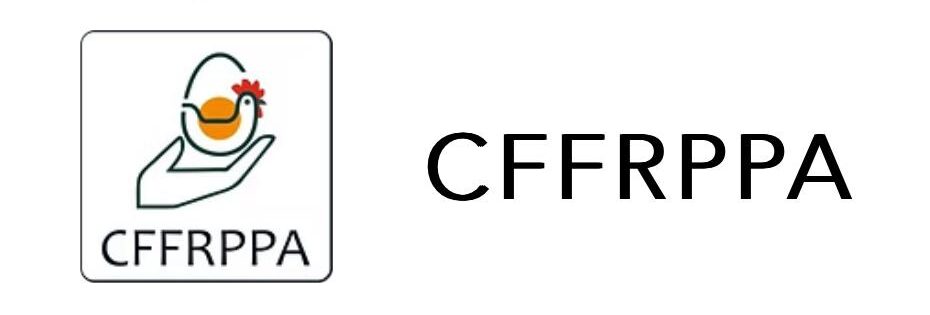Ethical Considerations
In conventional battery cage systems, hens are confined in small cages with limited movement, leading to severe stress and health issues. Cage-free and free-range farming allows hens to move freely, engage in natural behaviors, and live healthier lives. Consumers who prioritize animal welfare are actively choosing cage-free options, encouraging the industry to adopt better practices.
Environmental Benefits
Cage-free and free-range egg farming can have a lower environmental impact when managed properly. These systems often incorporate organic feed, better waste management, and natural grazing areas, reducing pollution and promoting biodiversity. Sustainable farming practices help maintain soil health, reduce water contamination, and lower the carbon footprint of egg production.
Health and Nutrition
Studies suggest that eggs from cage-free and free-range hens may contain higher levels of omega-3 fatty acids and essential vitamins due to their varied diet. Additionally, ethical farming practices reduce the risk of disease outbreaks and antibiotic resistance, contributing to overall food safety and public health.
Conclusion
Choosing cage-free and free-range eggs supports ethical farming, environmental sustainability, and better health. As awareness grows, industry stakeholders must work together to make these eggs accessible and affordable for all consumers, ensuring a more responsible and humane food system.




